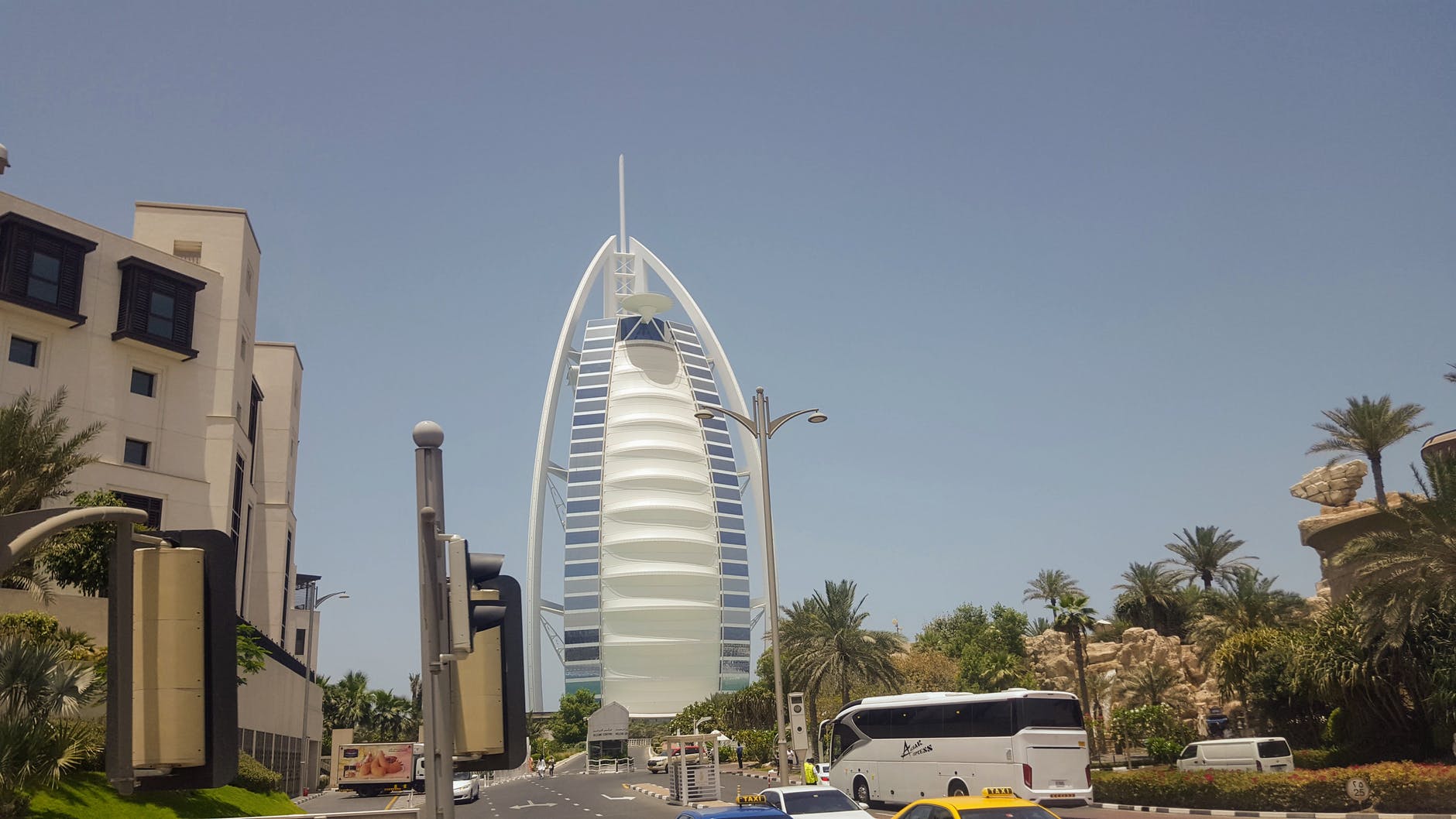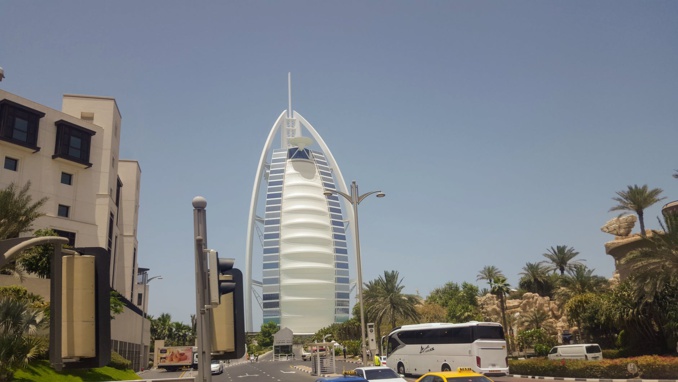Analysts predicted some appreciation of Arabian oil, but not to the highest level in the last 11 months. Summer prices for the other two major Aramco oil brands will be even higher: Arab Medium will be sold to Asian customers at the highest price since December 2013, and Arab Heavy - at the highest price in more than six years. In addition to the disappeared Iranian oil, the oil producing countries also enjoy benefits from the continuing decline in oil production in Venezuela, as well as problems for oilmen in North Africa, caused by the extremely unstable political situation.
It’s high time to raise the price - in June and July, the demand for Arabian oil at refineries of the continent after cancellation of permits for the purchase of Iranian oil should increase significantly.
This summer, Arabian oil will also jump in price for European buyers. Compared to May, they will have to pay 80 cents more for a barrel. At the same time, Riyadh is reducing prices for the United States from June 1… Thus, the price of a barrel of Arab Light for America will become lower by about 10% to 3.05 dollars.
At the June OPEC summit, members of the oil-producing cartel will most likely discuss oil production growth in order to compensate for the loss of Iranian and Venezuelan oil. Ironically, the White House is demanding that OPEC increase production and, thus, cut prices, despite the fact that the reduction in oil exports from Iran and from Venezuela is caused by US sanctions against these countries.
The explanation of Trump and his assistants that the cancellation of permits for the purchase of Iranian oil will not lead to an increase in oil prices and a rise in the price of gas for American motorists is not tenable. The American president boasted that the Saudis and the United Arab Emirates talked over the phone to pump more oil to show American voters how great he is and how he cares for their well-being. However, in reality, Bloomberg writes, citing sources familiar with the “oil” policy of Riyadh, the Saudis are not going to send an excess of Arabian oil to foreign markets. They intend to use it within the kingdom. As for the refinery, in the event of a shortage of raw materials, they will have to take it from reserves prepared for such cases.
It is easy to understand Riyadh’s policy: the Saudis do not want to fight with the White House once again, but even less they want a sharp increase in the oil production, which will lead to a sharp drop in prices.
source: bloomberg.com, reuters.com
It’s high time to raise the price - in June and July, the demand for Arabian oil at refineries of the continent after cancellation of permits for the purchase of Iranian oil should increase significantly.
This summer, Arabian oil will also jump in price for European buyers. Compared to May, they will have to pay 80 cents more for a barrel. At the same time, Riyadh is reducing prices for the United States from June 1… Thus, the price of a barrel of Arab Light for America will become lower by about 10% to 3.05 dollars.
At the June OPEC summit, members of the oil-producing cartel will most likely discuss oil production growth in order to compensate for the loss of Iranian and Venezuelan oil. Ironically, the White House is demanding that OPEC increase production and, thus, cut prices, despite the fact that the reduction in oil exports from Iran and from Venezuela is caused by US sanctions against these countries.
The explanation of Trump and his assistants that the cancellation of permits for the purchase of Iranian oil will not lead to an increase in oil prices and a rise in the price of gas for American motorists is not tenable. The American president boasted that the Saudis and the United Arab Emirates talked over the phone to pump more oil to show American voters how great he is and how he cares for their well-being. However, in reality, Bloomberg writes, citing sources familiar with the “oil” policy of Riyadh, the Saudis are not going to send an excess of Arabian oil to foreign markets. They intend to use it within the kingdom. As for the refinery, in the event of a shortage of raw materials, they will have to take it from reserves prepared for such cases.
It is easy to understand Riyadh’s policy: the Saudis do not want to fight with the White House once again, but even less they want a sharp increase in the oil production, which will lead to a sharp drop in prices.
source: bloomberg.com, reuters.com



















